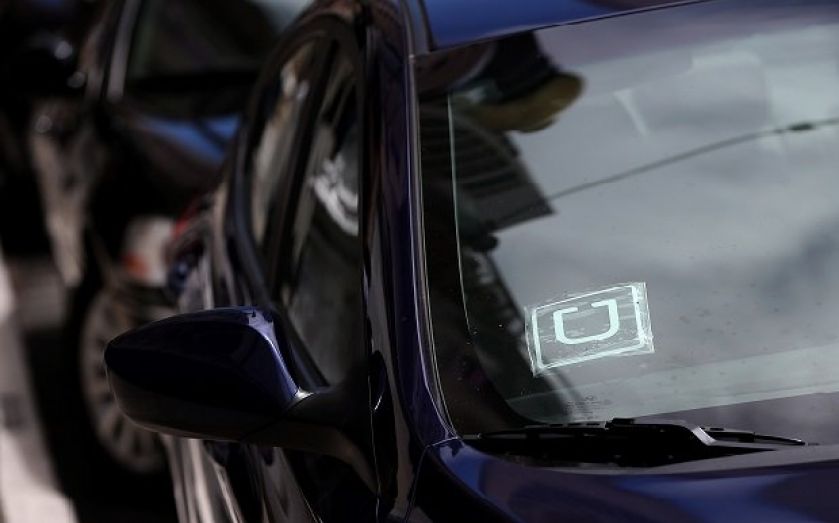German city of Hamburg is the latest to try and ban taxi app Uber

Yet another city that doesn't like Uber.
The German city of Hamburg has become the latest to try and ban the smartphone taxi app service, further indication of the increasing pressure the US company is facing from local regulators and cab drivers.
The San-Francisco based firm, which operates in more than 149 cities in 42 countries, has been issued with an injunction by Hamburg's transport office saying its drivers needed special licenses to transport passengers, according to Reuters.
Quoting a German magazine that reported the news, Reuters mentioned that drivers continuing to offer their services via the platform could face fines of €1,000.
This is the latest blow to Uber, as the company has disrupted what has traditionally been a tightly controlled market and licensed market, with taxi drivers concerned with the threat such innovative services pose to their livelihood.
Uber, with its app that enables users to hail a taxi with a tap of a smartphone and charges their registered credit card after the ride, said that it would continue to offer its services in the city while it appealed the decision, which it noted was not final, definitive or binding.
"We’re in constant open dialogue with all policy-makers and will appeal any initial decision made that seeks to restrict Uber's ability to provide its technology platform and app to Hamburg’s citizens. We call on the Hamburg authorities to update their policies, creating smarter policies fit for the smartphone era. In the meantime, Uber will continue to support our partner-drivers and serve our riders in Hamburg,” said the company in response to the development.
The Uber service operating in Hamburg is called UberPop, a ridesharing service that the company does not offer in the UK, which is a platform connecting private car owners with people in search of a ride.
According to an Uber spokesperson who talked to City AM, UberPop is a service offered in several European cities where the company connects riders and drivers to make better use of the costs of their car. According to the spokesperson, the service is more ecologically friendly and the drivers are licensed, insured and vetted, as well as having certain number of years driving experience.
This news is just the latest in a line of obstacles that the company has come up against in its international expansion. In April, a Belgian court ruling found Uber's operations illegal and threatened €10,000 fines for every ride, accusing it of violating taxi regulations. Berlin followed suit, banning some of the services offered by the US company, following a complaint filed by the Berlin Taxi Association that accused Uber of flouting local licensing rules.
Its fast expansion into Asia also hit a roadblock this week, when Seoul’s city council said it would ban the service.